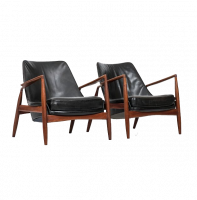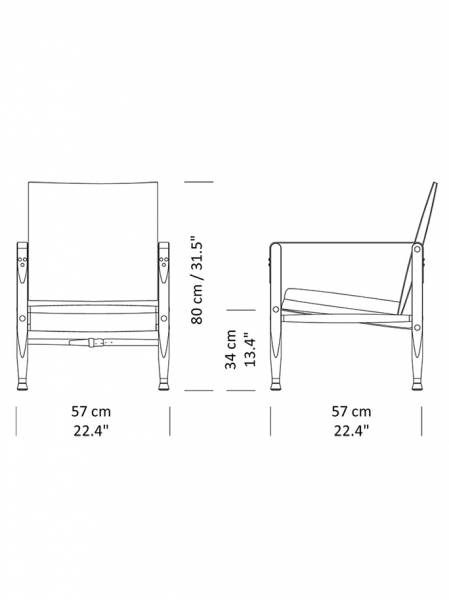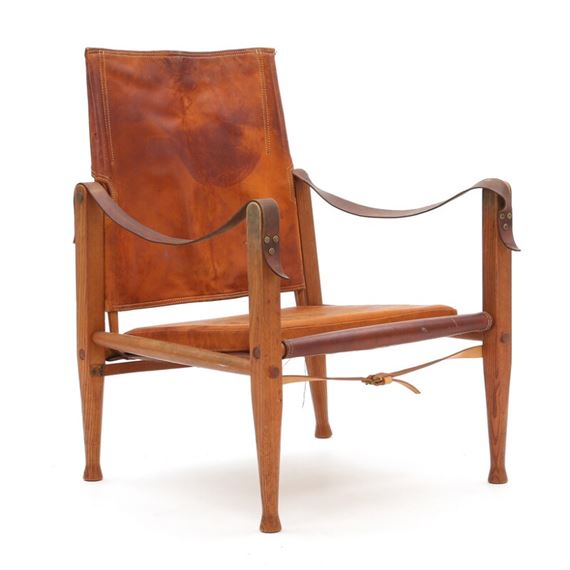- Sale
- Furniture
- Home & Gifts
- Toys
-
Restoration
-
Restoration Services
- A brief guide
- Free Estimates
- Chair Caning
- Chair Repairs
- French Polishing
- Rush Seats & Danish Cord
- Traditional Reupholstery
- Desk Leather & Table Lining
- Veneering & Inlay
- Woodturning
- Wood Carving
- Oil & Watergilding
- Furniture Stripping
- Glazing and Mirrors
- Insurance Estimates
- Furniture Valuations
- Before & After
- Things we don't repair
-
All Restoration
-
- Our Story
- Gallery 121
- Magazine
- Contact Us
- Sale
-
Furniture
-
Home & Gifts
-
Toys
-
Restoration
-
Restoration Services
- A brief guide
- Free Estimates
- Chair Caning
- Chair Repairs
- French Polishing
- Rush Seats & Danish Cord
- Traditional Reupholstery
- Desk Leather & Table Lining
- Veneering & Inlay
- Woodturning
- Wood Carving
- Oil & Watergilding
- Furniture Stripping
- Glazing and Mirrors
- Insurance Estimates
- Furniture Valuations
- Before & After
- Things we don't repair
-
Restoration Services
- Our Story
- Gallery 121
-
Magazine
- Contact Us
- Your Account
- Wishlist
- Sale
-
Furniture
-
Home & Gifts
-
Toys
-
Restoration
-
Restoration Services
- A brief guide
- Free Estimates
- Chair Caning
- Chair Repairs
- French Polishing
- Rush Seats & Danish Cord
- Traditional Reupholstery
- Desk Leather & Table Lining
- Veneering & Inlay
- Woodturning
- Wood Carving
- Oil & Watergilding
- Furniture Stripping
- Glazing and Mirrors
- Insurance Estimates
- Furniture Valuations
- Before & After
- Things we don't repair
-
Restoration Services
- Our Story
- Gallery 121
-
Magazine
- Contact Us
- Your Account
- Wishlist






